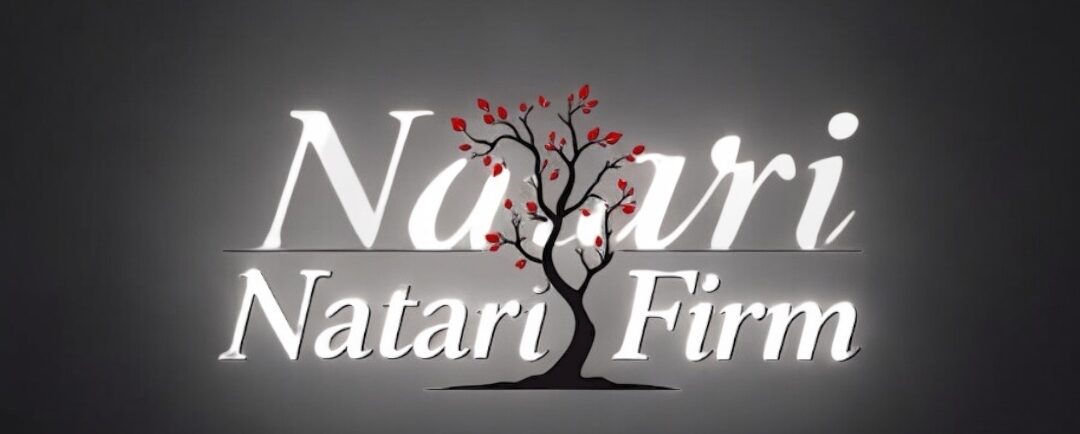Why Your EIN Must Match Your Non-Profit Organization Type
When starting a non-profit organization, obtaining an Employer Identification Number (EIN) is a critical step. Issued by the IRS, your EIN serves as the tax identification number for your non-profit, allowing you to open a bank account, file taxes, and apply for grants. However, ensuring that your EIN aligns with your organization’s type and purpose is crucial to maintaining compliance and avoiding administrative issues.
Understanding the Role of an EIN
An EIN functions like a Social Security number for your organization. It identifies your non-profit in official records, tax filings, and financial transactions. Different types of organizations, such as public charities, private foundations, or social welfare groups, require specific tax treatments, which the IRS tracks through your EIN.
Why the EIN Must Match Your Non-Profit Type
The IRS classifies organizations based on their activities, governance, and purpose. These classifications dictate the tax benefits your non-profit can access, such as eligibility for tax-deductible donations or exemption from federal income tax. If your EIN is not aligned with your organization type, you could face:
Delays in Tax-Exempt Status Approval: Misalignment can trigger additional reviews or even rejection of your 501(c)(3) application.
Compliance Issues: Filing under the wrong classification may lead to penalties or revocation of tax-exempt status.
Funding Challenges: Donors and grant providers often verify your EIN to ensure your eligibility for funding. A mismatch can create unnecessary barriers.
How to Ensure Alignment
To ensure your EIN matches your non-profit type:
Accurate Application: When applying for an EIN, specify that your organization is a non-profit and include details about your mission and activities.
Select the Right Tax-Exempt Status: Research which 501(c) classification applies to your non-profit—such as 501(c)(3) for charities or 501(c)(4) for social welfare organizations—and confirm this aligns with your EIN application.
Regular Updates: Notify the IRS if your organization changes its structure or purpose to ensure your EIN remains consistent with your activities.
Seeking Professional Help
Navigating EIN and tax-exempt requirements can be complex, especially for new non-profits. A business consultant or non-profit advisor can provide tailored guidance to ensure your EIN and organizational structure are correctly aligned, helping you avoid costly mistakes and focus on your mission.
Conclusion
Your EIN is more than just a number—it’s a cornerstone of your non-profit’s identity and tax compliance. Taking the time to ensure it matches your organization’s type will help streamline your operations, secure funding, and build trust with stakeholders.
